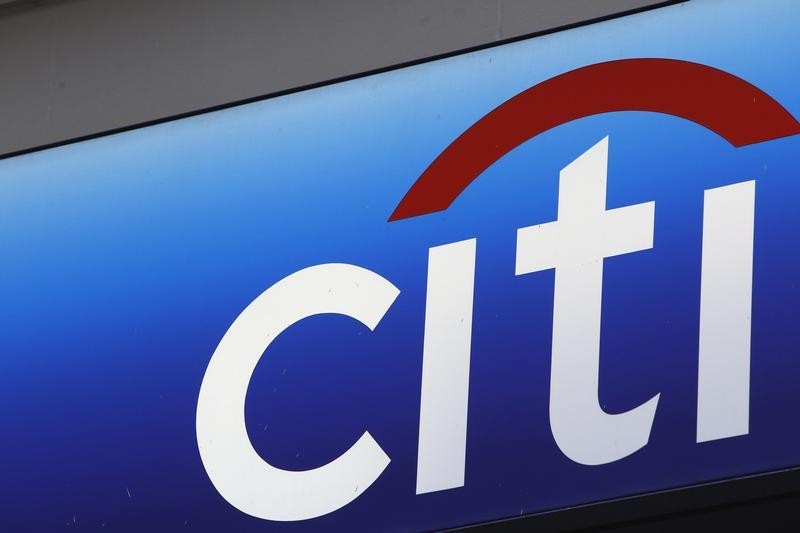(Bloomberg) -- Jerome Powell’s warning that the U.S. economy faces unprecedented risks tanked bank stocks even after the Federal Reserve head pushed back against negative interest rates.
The Fed chairman said policy makers weren’t looking to follow other central banks into negative rates policy, batting down growing speculation in the futures market. However, shares of financial companies still fell as much as 5% on Wednesday, outpacing the broader S&P 500 Index’s 2% drop, after Powell cautioned that the economy’s recovery from the coronavirus “may take some time” to gather momentum.
Powell’s caution on the recovery outweighed the relief financial stocks may have enjoyed from policy makers downplaying negative rates, according to Miller Tabak + Co. The ensuing risk-off sentiment, along with an increase in tensions with China drove down shares in cyclical sectors such as energy, automobiles and consumer durables. Tech and health-care stocks had the smallest declines, continuing a trend of outperformance.
“A very weak economy is bad for the banks even if we do not see negative interest rates,” said Matt Maley, an equity strategist at Miller Tabak. “Investors are worried about buying stocks in a broad manner due to the economy, so they continue to put money in the stocks of companies that seem recession proof in this unique recession.”
State Street’s SPDR S&P Regional Banking ETF, ticker KRE, tumbled as much as 6.8%.
Investors had been speculating that the Fed might lower rates into negative territory to cushion the virus outbreak’s economic blow. While Powell stopped short of ruling the tool out as an option, he said the policy is “not something that we’re considering.” Traders of fed funds futures pushed bets on a negative policy rate into next year after Powell’s comments.
Commercial banks are charged interest on their deposits at the Fed in a negative rate environment, weighing on their profitability. But despite Powell’s push back on the policy, concerns over an extended economic downturn are dragging down financials and real estate stocks, according to Evercore ISI.
“Banks/REITS have the same issues to deal with which is the potential for an extended period of very high unemployment that leads to a bankruptcy,” wrote Evercore strategist Dennis DeBusschere in a note.
©2020 Bloomberg L.P.
